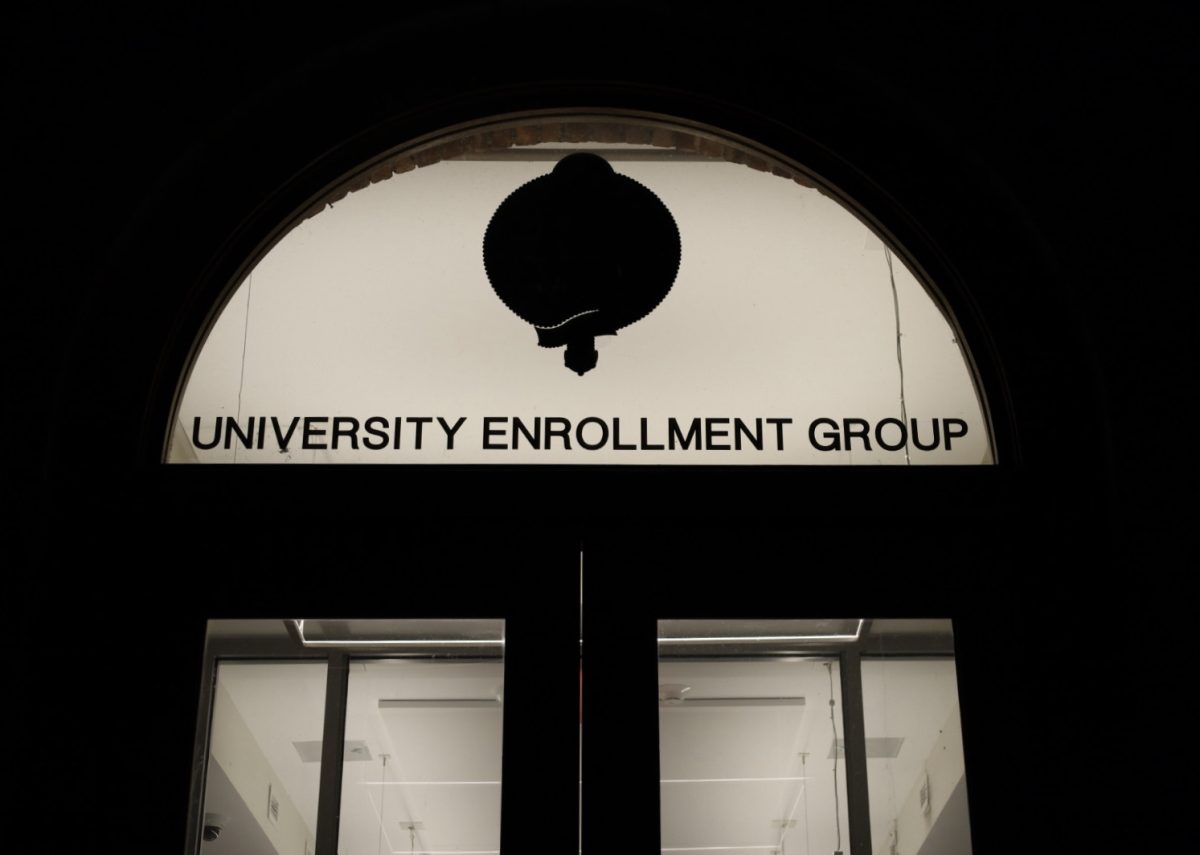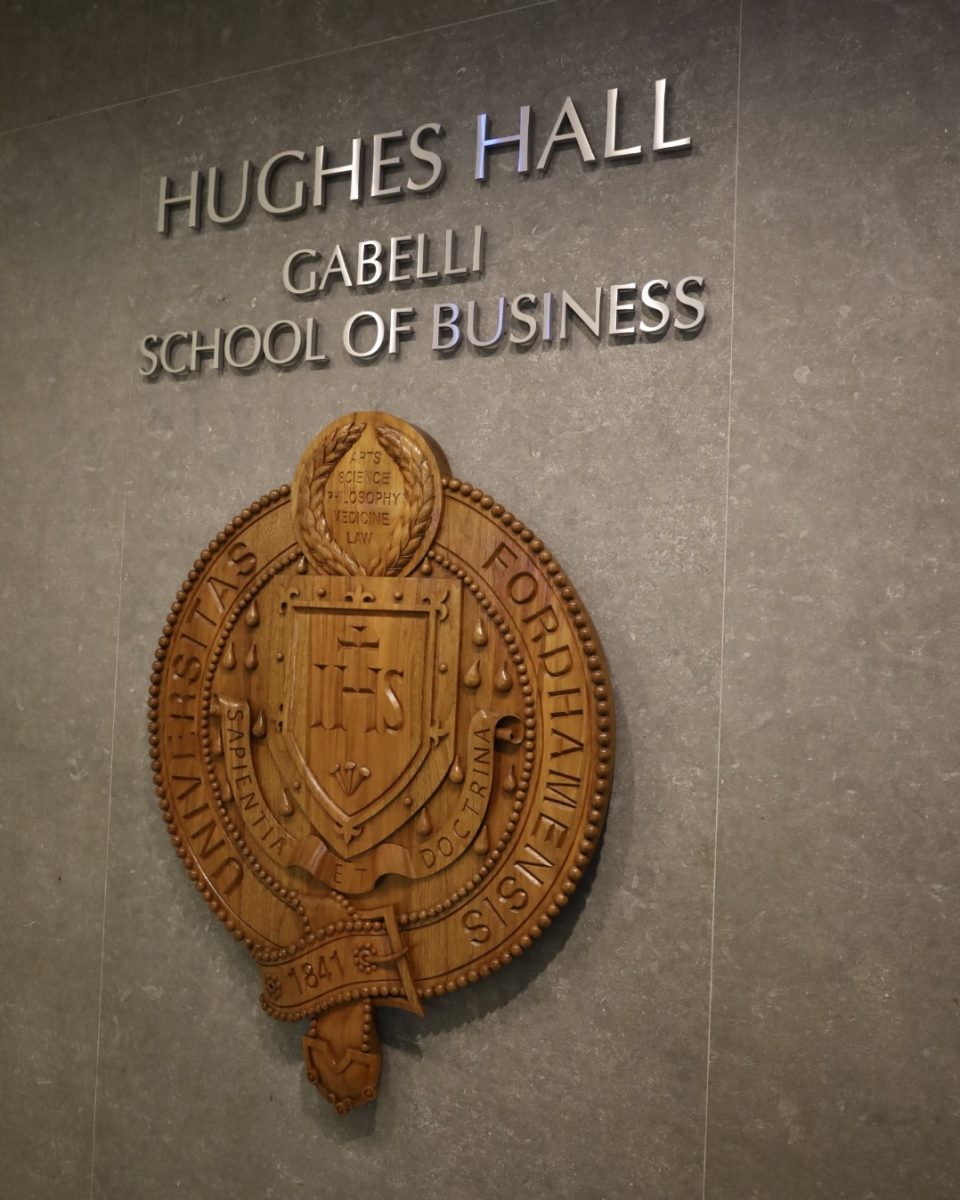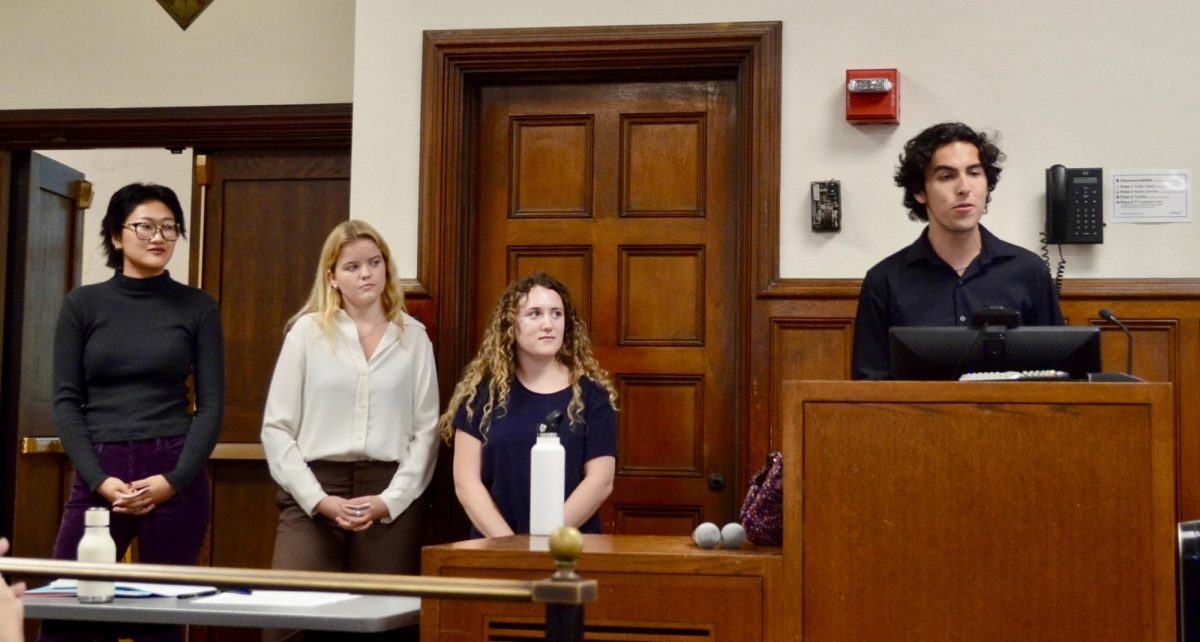By Aislinn Keely

Humanities majors at Fordham may see increasing opportunity and high satisfaction in career fields as companies shift their sights towards students who have developed strategic thinking skills in their undergraduate years. In the organization’s 2018 State of the Humanities Report, 87 percent of humanities majors surveyed by Humanities Indicators reported they were satisfied with their careers.
At Fordham, career data for all majors are surveyed through Career Services using a recruiting analytics platform, Career Insights. The database tracks reported entry level position and internship analytics, including starting salary.
For many Fordham humanities majors, median starting salaries for the past five years have hovered between $35,000 and $45,000, with majors like English, history and philosophy reporting median post-graduate starting salaries of $35,750, $42,500 and $38,200 respectively.
Gabelli School of Business majors, such as accounting, finance and marketing saw a greater range of median starting salaries, the range is from marketing’s $42,997 to finance’s $65,000.
STEM majors at Fordham also saw a variety of median starting salaries, with majors like mathematics, computer science and biological sciences seeing median salaries of $54,080, $60,500 and $33,000 respectively.
Carolyn Funke, an on-campus recruiting administrator with the Office of Career Services, said she has seen a shift in bigger finance-based recruiters towards a wider focus that includes all majors outside of traditional “vocational” majors, like finance or accounting.
“They’re looking for broader knowledge base outside of just traditional vocational education, they want to know that you can think,” said Funke.
Humanities students are also taking a more personal path towards their careers, according to Funke.
“It depends on that student and I don’t think there’s as much of that straight line career-path,” she said.
A major does not necessarily correlate to a career in the humanities. Humanities Indicators reported that more than a third of humanities majors did not see a correlation between their job and their degree.
To accommodate this difference in degree and career, Career Services has adjusted its programming, according to Funke. In lieu of widespread career fairs, the office has switched its focus to smaller, interest-related fairs, as well as greater marketing to clubs as opposed to academic departments.
Daniel Contreras, Associate Chair of Rose Hill Undergraduate Studies, said he is confident that a Fordham English degree equips students with a variety of skills that will be indispensable in the workplace.
“They will be able to read just about anything from the simplest memo to the most complex text with assurance and deep comprehension,” he said. “They will be able to confidently write just about anything and to excel in all forms of communication. They will also have a keen appreciation of the written word and this is a gift that lasts a lifetime.”
Gabrielle Gillespie FCRH ’19, an English major, said she noticed these benefits while interning.
“At my first internship, I felt like I had much stronger writing skills than the other interns who were all different majors. Being able to do well something as simple as an e-mail was an asset,” she said.
Maggie Rodriguez, FCRH ’19, said she feels her English major has helped her reading comprehension skills.
“I feel that the problem solving skills and my ability to decipher dense texts gained from pursuing my English major will definitely give me an advantage in pursuing higher education at law school,” she said.
Humanities graduates experience satisfaction comparable to graduates in arts, social sciences, business, education, engineering, health and medical sciences and physical sciences, with a satisfaction rate of 87 percent, according to the 2018 Humanities State of the Union Report.
Contreras said he is confident the skills cultivated in an undergraduate humanities degree will lead to both employment and a satisfying life.
“I do think that a majority of students who graduate with a degree in English will find employment and a life that they will treasure,” he said.














































































































































































































